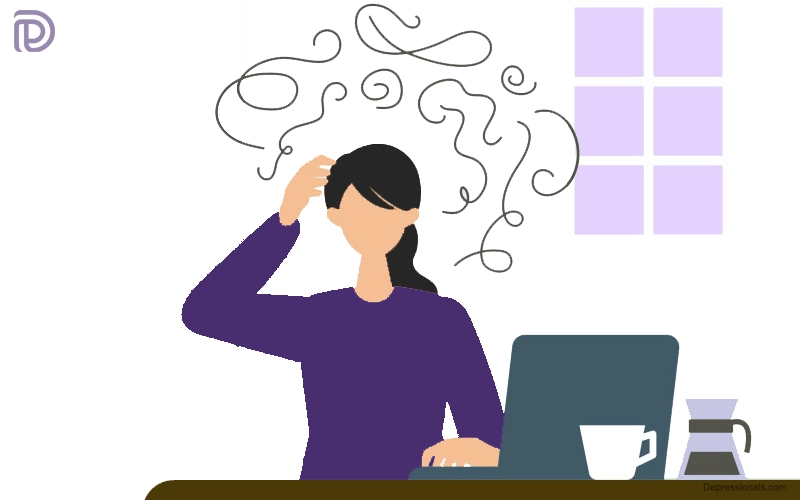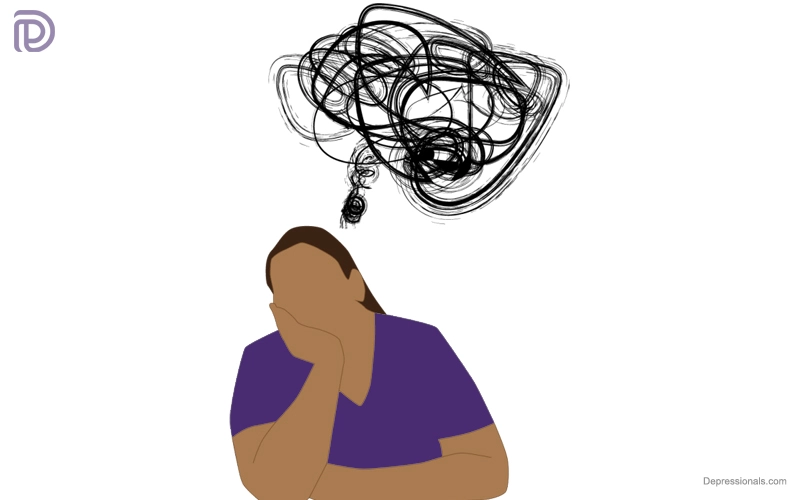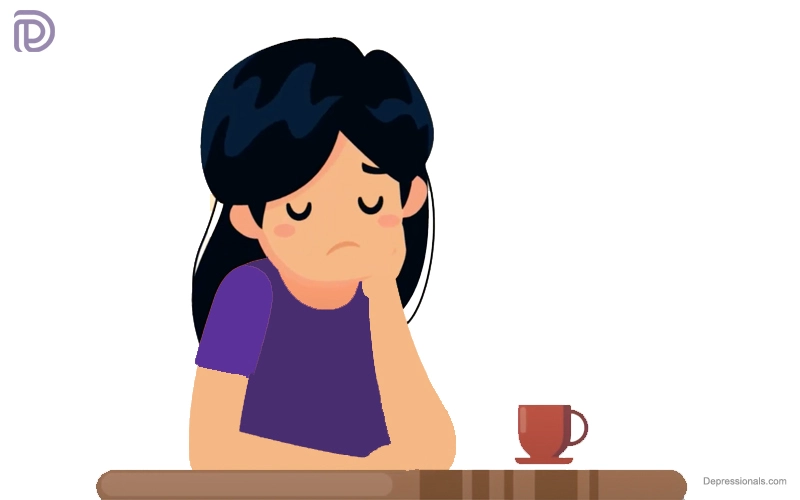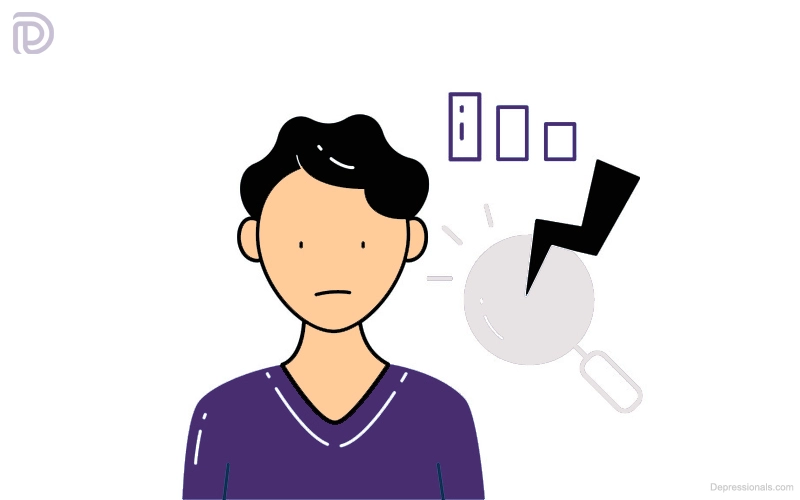Before knowing the causes of overthinking, you should know that everybody thinks, analyzes or reflects. It is better to spend quality time being critically analytical as well as being curious about our thought processes.
However, some of us strive to exceed expectations! Everything works best when it is within limits. This is true here as well, but with more intensity. Most people do not realize how negative their mental space has become until it has gotten worse. Our goal is to understand what overthinking is and prevent me from spiraling into it.
Overthinkers can easily confirm that the process of overthinking causes them to suffocate and exhaust themselves, and, at the end of the day, all that thinking has been a total waste of time. Overthinking can lead to rumination, which is characterized as unproductive. Our emotional regulation and sleep patterns are disrupted, which makes it difficult to enjoy daily activities.
Stress and anxiety are the two main causes of overthinking. Overthinking can also be caused by issues with one’s self-esteem and self-doubt. Stress and anxiety are natural responses to fear; these have been caused by social distancing. We are worried about your futures, including illness and death, among others, in this pandemic. We have to overthink in these situations.
Overthinking can also be caused by trauma. Overthinking is more common among those who have experienced trauma. Children abused or neglected as children can alter their brain to stay in a state of constant hypervigilance. We are on high alert, which means we react in dangerous situations by fighting, fleeing or freezing. Therefore, traumatized individuals may exhibit obsessive thoughts under such conditions.
Individuals with perfectionistic values or who are obsessive tendencies, and those who are strict about their control, may find themselves overanalyzing too quickly. These individuals may ruminate over past mistakes or those they might make in the future. People around them tend to judge them.
Once you have identified the causes of overthinking, you must take steps to eliminate it. Be aware of both your thoughts and your body’s reaction when you overthink. Try the following strategies and see what works best for you. There is no one-size-fits-all solution for this; therefore, you will have to experiment.
Related: Types of Overthinking
Overthinking causes
- Firstly, we often consider the worst scenarios when something negative occurs, imagining the “what if?” or “why?”
- You worry about mistakes that you have made in the past, as well as current problems that may lead to negative outcomes.
- Your thoughts tend to become negative at times
- There are just some things in life that you can’t stop thinking about, whether it’s an event, or a problem, a person or something that happened in the past.
- Instead of trying to solve the problem, the thinking keeps going on, you can’t stop yourself and don’t take the charge and initiative for the best solution.
- You worry about what you have done or how you have been, as well as the problems you face today and the potential consequences of these things.
- Overanalyzing your day-to-day experiences or communications with people can result in obsessive behavior.
- Every thought, every word, and every event logically becomes exaggerated, adding to the things that are not actually true.
if you do this often, Psychologists will call you a ruminator, or an over-thinker. Researchers have found that anxiety and depression arise from overthinking, which can be detrimental to performance.
Read: How to Stop Overthinking
Overthinking causes stress

Through negative future predictions, one can easily create anxiety. We may feel extremely anxious when we ruminate about the past. We feel that one more negative thought will overflow our “stress bucket” if one more drip, one more thought, happens.
Why do we feel so stressed out? How can we eliminate it? During REM sleep, our brains process their day’s events, moving them from our primitive, emotional brains to our rational, rational brains. The brain records events, together with emotions, and suppressed emotions, and turns them into memories and narratives for another time.
Additionally, our dreams may help our brains to use up unspent adrenaline by letting us ‘live out’ unspent emotion. Someone who made the mistake of calling their boss by the wrong name probably won’t forget it overnight, but by the next morning, the incident won’t really be on their mind.
Overthinkers will not be so lucky. A person who is overthinking, tossing, and turning when they are sleeping, likely won’t get this vital REM sleep, perhaps waking during the night or staying awake until dawn by which time it’s time to start the day with low energy and low mood.
Read: Side Effects of Overthinking
Recommended: 9 Strategies to Overcome Overthinking
Why do we overthink things?
According to a neuropsychologist, overthinking is a way of feeling more confident and controlling a situation. Overthinking triggers the brain to switch into “analysis mode.” In an attempt to reduce your anxiety, it runs through a series of possible scenarios.
It is difficult to shift out of analysis mode when you are overthinking, and this makes it difficult for you to take action. Our minds tend to come up with new worries almost immediately when we overthink.
Regardless of age, gender or personality type, overthinking is more likely to occur in people motivated by achievement.
Overachievers and perfectionists tend to overthink because they fear failure and need to be perfect, which leads them to replay or criticize their mistakes or decisions.






I was curious if you ever considered changing the layout of your site? Its very well written; I love what youve got to say. But maybe you could a little more in the way of content so people could connect with it better. Youve got an awful lot of text for only having one or 2 images. Maybe you could space it out better?
Outstanding post, I believe website owners should acquire a lot from this blog its really user genial.